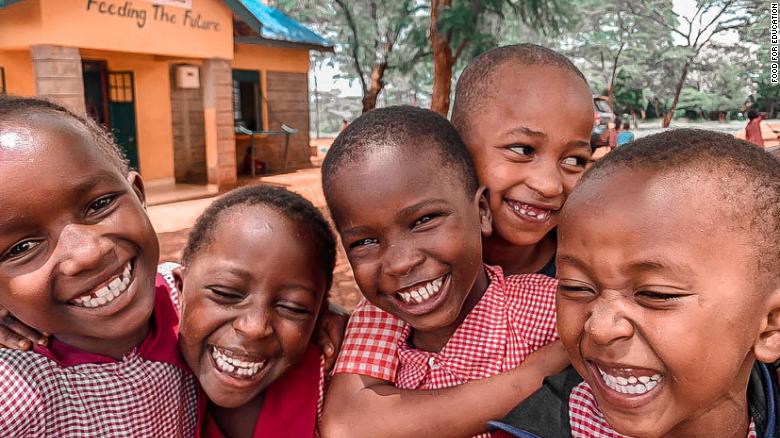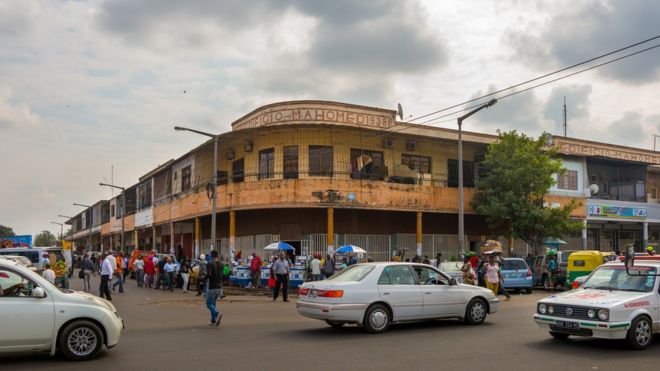
https://apnews.com/697d9ecef7f89cf5e9abb3b008c7faa7
https://www.washingtonpost.com/nation/2020/04/24/disinfectant-injection-coronavirus-trump/
Thursday, April 23rd, there was a briefing in the White House which included President Trump, Vice President Pence, and Members of the Coronavirus taskforce. During the briefing, President Trump made a remark regarding the disinfectants which have been selling out fairly quickly throughout stores. He mentions that since they have been so effective in fighting the spread of COVID-19, if "there's a way we can do something like that, by injection inside or almost a cleaning...it would be interesting to check that." The media was quick to react to this statement and go on social media and news outlets to debunk this suggestion and call him out on his stupidity. The manufacturer of Lysol even went ahead and issued a statement warning that "Under no circumstance should our disinfectant products be administered into the human body." Hillary Clinton and Hakeem Jeffries tweeted how idiotic and irresponsible it was for a man who was speaking from the presidential pulpit to suggets something so dangerous. The White House responded to the backlash by saying that "the media was mischaracterizing Trump's comments regarding coronavirus treatment" and Trump said that he was only being sarcastic.
1) How do you think the media handled debunking Trump's statement?
2) Many say that Trump was speaking sarcastically, while others thought the opposite, what do you think?
3) Should The White House have handled the situation better?








